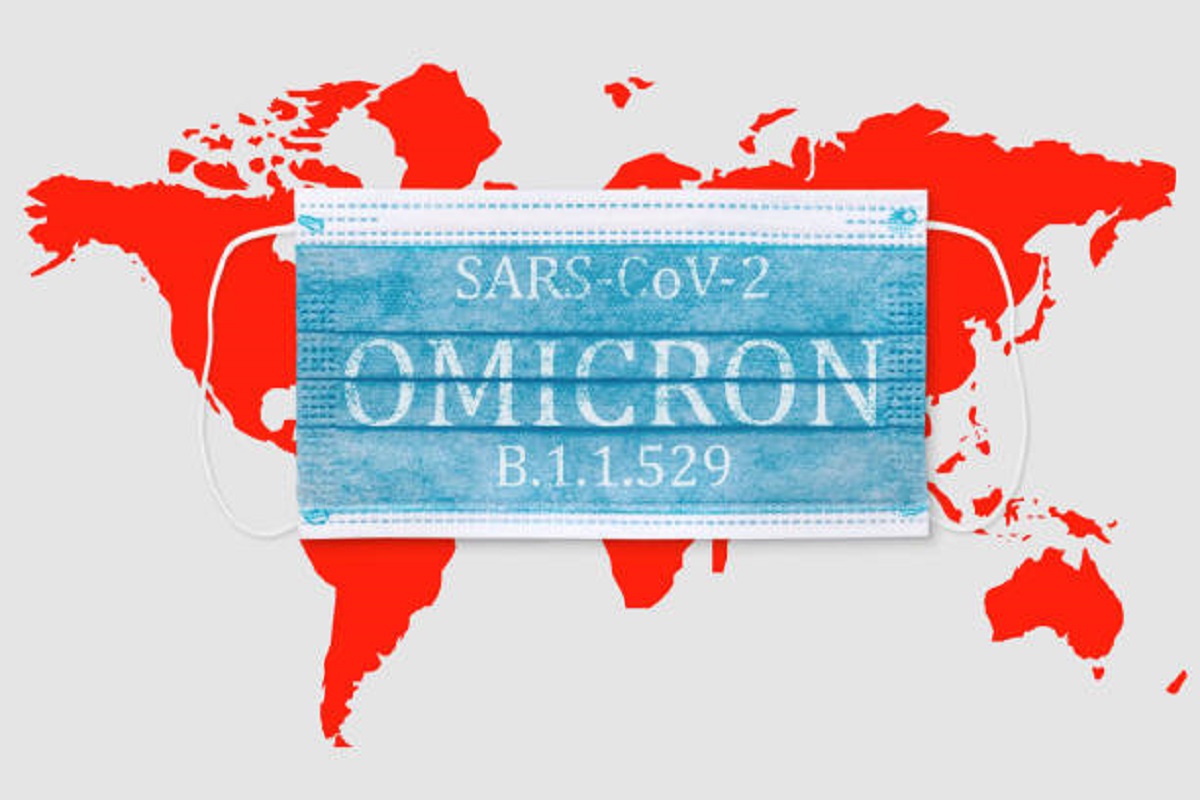Revising guidelines for foreign arrivals, the Union Health Ministry on Thursday, removed the category of “at risk” countries – introduced when the Omicron Covid variant emerged – and recommended self-monitoring of 14 days for symptoms instead of seven days home quarantine as was mandated earlier.
The new guidelines will come into effect from Monday, February 14, the Union Health Ministry said.
Advertisement
The ministry’s decision comes in wake of the “need to monitor the continuously changing” COVID-19 virus and the fact that “economic activities need to be taken up in an unhindered manner”.
According to the new guidelines, all foreign arrivals must fill a self-declaration form (available at the Air Suvidha web portal), including a travel history of the past 14 days
The demarcation of “at risk” and other countries has also been removed in the revised guidelines, which will come into effect from February 14.
“The demarcation of countries “at-risk” & other countries removed.
Accordingly, the need for giving samples on the port of arrival & waiting till the result is obtained from countries ‘at-risk’ is dispensed with”, said Union Health Minister Dr Mansukh Mandaviya in a tweet.
He also said that the need for undertaking an RT-PCR test on the 8th day and uploading the same on the Air Suvidha portal is also being dispensed with.
Two per cent of international travellers upon arrival from all countries will undergo random sampling in addition to thermal screening. The travellers can leave the airport after submitting their samples for RT-PCR tests.
Passengers will be selected by the airline and must “preferably” be from different countries.
If travellers, under self-health monitoring, develop signs and symptoms suggestive of Covid-19, they will immediately self-isolate and report to their nearest health facility or call the national helpline number (1075)/state helpline number, states the new guidelines.
The passengers, found to be symptomatic during screening post-arrival, shall be immediately isolated and taken to a medical facility for testing, as per health protocol. If found Covid positive, their contacts shall be identified and managed as per laid down protocol, according to the revised guidelines.
The travellers, however, must also upload a negative RT-PCR test that was conducted within 72 hours of the travel date. Else, they can also upload a certificate confirming they have received both vaccine doses.
This option, though, is only available for passengers arriving from 72 countries whose vaccination programmes the Indian government recognises as part of a reciprocal programme.
These countries include Canada, Hong Kong, the United States, the United Kingdom, Bahrain, Qatar, Australia, New Zealand, and some European nations.
“Airlines will allow boarding of only those passengers who have filled in all the information in the self-declaration form… and uploaded the negative RT-PCR test report or COVID-19 vaccination certificate…” the Health Ministry has said.











